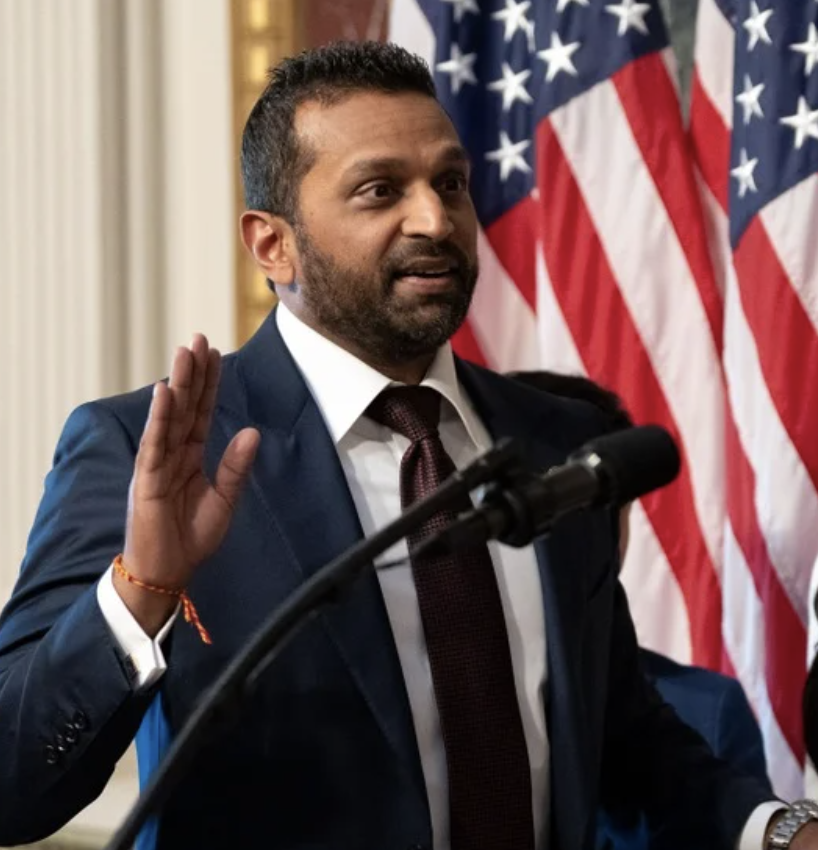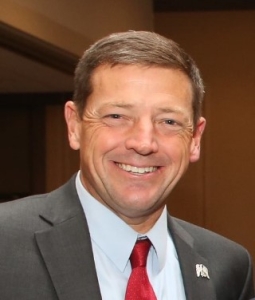In October, 2008 this column pointed out the growing link between international narcotics traffickers and terrorists, especially in Afghanistan. This was not news to federal law enforcement. Still, few politicians or members of the public were aware of this relationship.
Support for a well financed and coordinated international enforcement strategy, despite the best efforts of a few at DEA, seemed to be desperately lacking.
This dim political recognition came despite the alarming facts: The Taliban was expected to receive $70 million from the poppy harvest that year, and half of the terrorist organizations were financed — at least in part– by drug trafficking. The money was used to buy more sophisticated weapons and explosive devices and to train and equip more Taliban fighters.
In 2009 the Obama administration launched a bold strategy to attack narco-terrorism in Afghanistan. A multi-agency task force was established in Kabul to disrupt financial channels. The military targeted dozens of drug lords and began to participate in seizure and interdiction efforts.
And, importantly, the number of DEA personnel stationed in Afghanistan jumped from from 13 to almost 100. Add to that number the dozens of retired federal agents who were sent as contract civilian trainers to advise and assist the Afghan anti-narcotic program.

This ramping up of the anti-narcotic effort did not come without sacrifice. In October of 2009, three DEA agents who were returning from a firefight with Taliban drug traffickers in western Afghanistan were killed when their helicopter crashed. Seven military officers were also lost. The three DEA agents, Forrest Leamon, Chad Mitchell, and Michael Weston, had all volunteered as part of the expansion effort. They thought they could make a difference.
Now their sacrifice and the efforts by others appear to have made some difference. DEA Administrator Michele Leonhart announced this week in Kabul that more than 80 combined operations in 2009 had increased the drug seizures there by 924%. These efforts greatly decreased the amount of drugs exported from 2% of the total amount produced to perhaps over 10%, a significant achievement in one year.
Although this anti-narcotics surge has de-emphasized eradication, those efforts have nonetheless borne fruit as well. Eradication in the opium-rich southern region of Afghanistan has reduced cultivation by 30%. Narco-terrorists reacted to this success on Wednesday by detonating a bomb which killed 13 people who had gathered to receive free vegetable seeds as part of a British alternative crop program. Whether these re-education efforts will have the long term effect of helping to re-build the country’s agriculture, or will simply reduce supply enough to keep prices high, is up for debate.
The question, of course, is whether this new strategy represents the beginning of an awareness and commitment on the part of Congress and the Administration that support is needed on a global basis for the resources to enhance a well coordinated and financed enforcement strategy.
We spend billions each month on an uncertain military effort, not to mention the lives lost. So, a few additional million for an increase in law enforcement resources seems a worthwhile investment.
In a relatively small agency like DEA, if we don’t put up the funds and instead just shift resources and personnel, we’ll simply end up reducing enforcement elsewhere. Not smart.
The other issue is whether this growing awareness will make anti-narcotics enforcement a consistent priority both in this country and abroad.
One of the topics President Obama raised with Afghan President Hamid Karzai in their meeting in Kabul this week was the need for more effort against the narco-terrorists in that country. Whether it is even possible to motivate Karzai to get serious about the epidemic, which is destroying his country, given the involvement of so many corrupt Afghan officials, is yet another unanswered question.
Drug investigators and prosecutors have become accustomed to measuring victories through regular announcement of increases in seizures and arrests – all while the war is being lost by insatiable drug demand, inconsistent political commitment and inadequate resources.
Whether this latest development will mark another frustrating chapter may ultimately come down to whether the politicians and public truly understand the battle and the need for resources.




